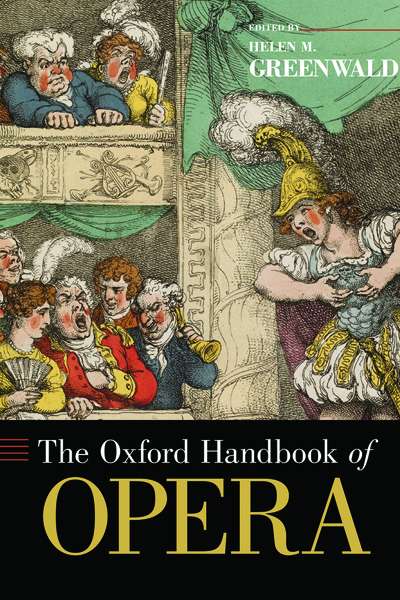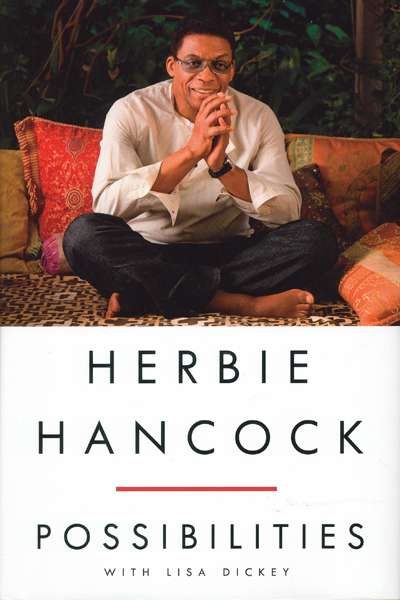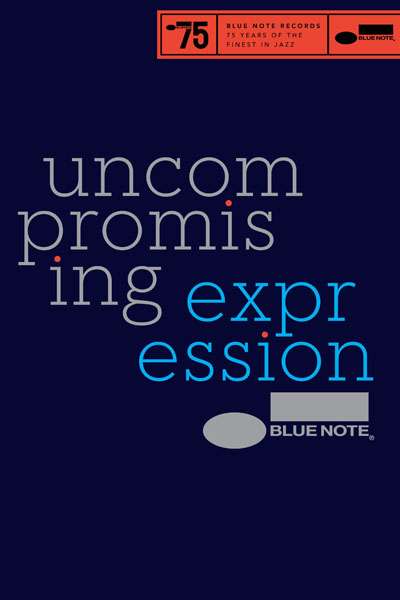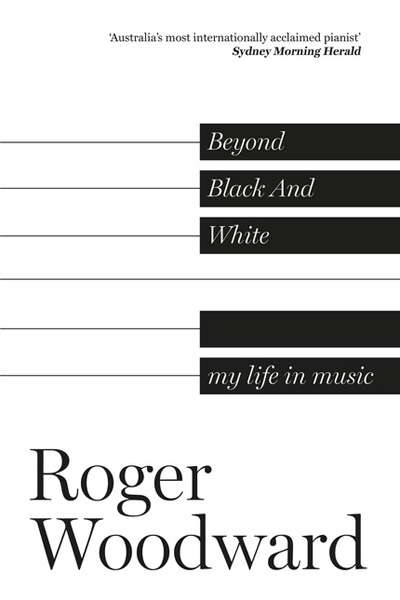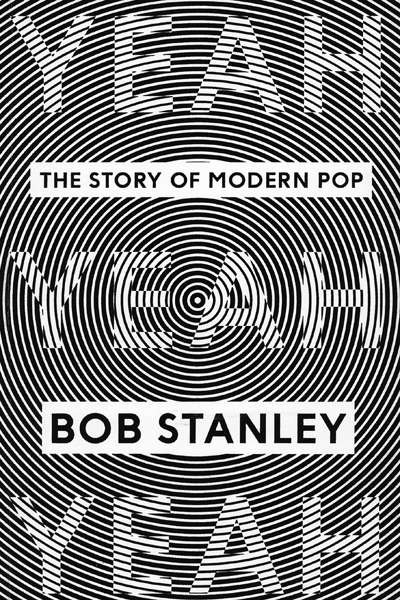Music
The Oxford Handbook of Opera edited by Helen M. Greenwald
by Michael Halliwell •
In April 2011 the Australian edition of Rolling Stone featured a cover photo of Yolngu multi-instrumentalist and singer Geoffrey Gurrumul Yunupingu ... ... (read more)
Blue Note: Uncompromising Expression - The Finest in Jazz Since 1939 by Richard Havers
by Peter Kenneally •
It is, of course, one hundred years since almost 9,000 Australians died on a small Turkish peninsula during a campaign that, despite its localised failure as a military operation and futility in influencing the overall course of the war, has been unalterably woven into the fabric of our national mythos. Commemorative presentations are frequent. Orchestras, televisio ...
A Pianist’s A–Z: A Piano Lover’s Reader by Alfred Brendel with Michael Morley
by Dina Ross •
Forbidden Music by Michael Haas & Hollywood and Hitler by Thomas Doherty
by Michael Morley •

